Graham Reid | | 1 min read
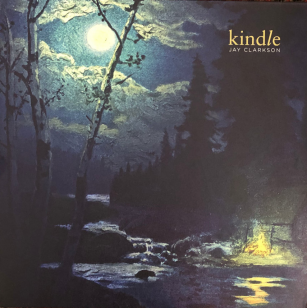
The Rheineck Rock Award – which gave a generous wedge of money to emerging artists to record – wasn't without its controversies in the late Eighties: after Ardijah's popular win in the inaugural event the following year the judges picked Headless Chickens which outraged many (notably radio jocks and the sponsors) and the year after that it went to Breathing Cage . . . who took two years to release their album Misericord.
The whole thing left Breathing Cage's singer-songwriter Jay Clarkson -- by that time a decade in music via bands like the Playthings and They Were Expendable -- fairly scarred and she went off to pursue her other parallel passion, writing fiction.
In the mid-late Eighties a few songs appeared under her own name on various compilations, and a mini-album in '86. But her album Kindle in '99 came out to little attention.
Fortunately Kindle now reappears on solid vinyl through the Rose Hobart label and it would seem to fit right into the contemporary, home-recording world of mysterious, melodic and intimate alt.folk.
These nine lovely songs were recorded at her home in Dunedin on a Tascam four-track using a drum machine (very quietly) and as you might expect they have a literary quality to their images.
Walk Away has a veiled menace (“his brains are made of cardboard . . . do not offer conversation . . . he will steal the air you're breathing”) which is given added frisson through the spare, wire-thin guitar sound weaving around.
This Clown is a sketched-in character study with the economy of a poem but a tune which is gentle pop. Again however it comes with a sense of unease courtesy of Clarkson's understated delivery.
Time is an utterly gorgeous and entrancing piece of writing, singing and playing where the keyboard and guitars acts like a buoyancy float upon which Clarkson rests.
“Haunting” is a word somewhat overused by music writers as if every album required a spirit medium's presence, but the word certainly applies to Clarkson's restrained and unpretentious delivery, and only the final song Absolute Poverty aims to raise the pulse rate with its driving guitar part and waves of sound.
Kindle's lo-fi elements – fingers slipping across steel strings, the minimal beats – actually enhance the very personal nature of this album where all the senses are engaged (that one so few writers explore, smell, on Whiskey Priest).
Never having heard Kindle when it was originally released means coming to it as a new album.
And in contemporary company it not only stands up, but -- in its clarity of vision and coherence -- stands apart.
.
You can buy this album on limited vinyl – 300 copies only, in appropriate cover art – through Flying Out here. In its original mix it -- and other Clarkson recordings -- is available digitally on her website. We offer a small snippet here to entice you.
.


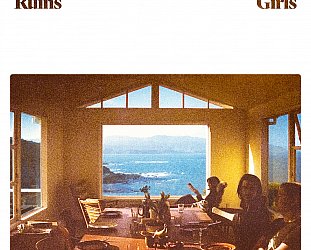
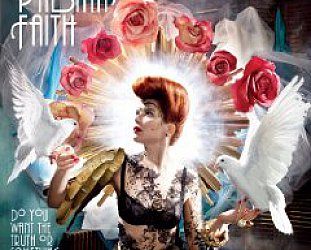

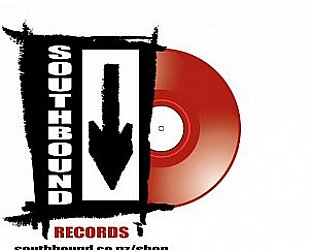
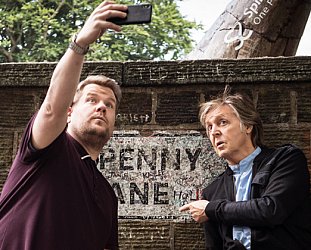
post a comment